In 2007, Karen Hertz was living in Golden, Colorado, working in distribution for one of the largest breweries in the country, and expecting twin girls when she was diagnosed with melanoma. Less than a year after receiving treatment and delivering healthy baby girls, cancer was back—this time as a result of an autoimmune condition attacking her thyroid. Thankfully, it was treatable, but her medical team recommended that, as part of the recovery process, she completely eliminate gluten from her diet.
Around the same time and just over sixty miles away in Fort Collins, Twila Soles (née Henley) was attending graduate school at Colorado State University studying food science and safety. During a brewery tour one day, she noticed one of her cohorts wasn’t indulging in the beer with the rest of the class. “She told me she had celiac disease, and I was struck by her dedication of wanting to feel good and be healthy, enough to turn down a beer,” she says. Soles remembers that moment well and how it influenced her next steps. She tells me, “I decided I wanted to learn about the ingredients that it took to create a gluten-free beer for her.”
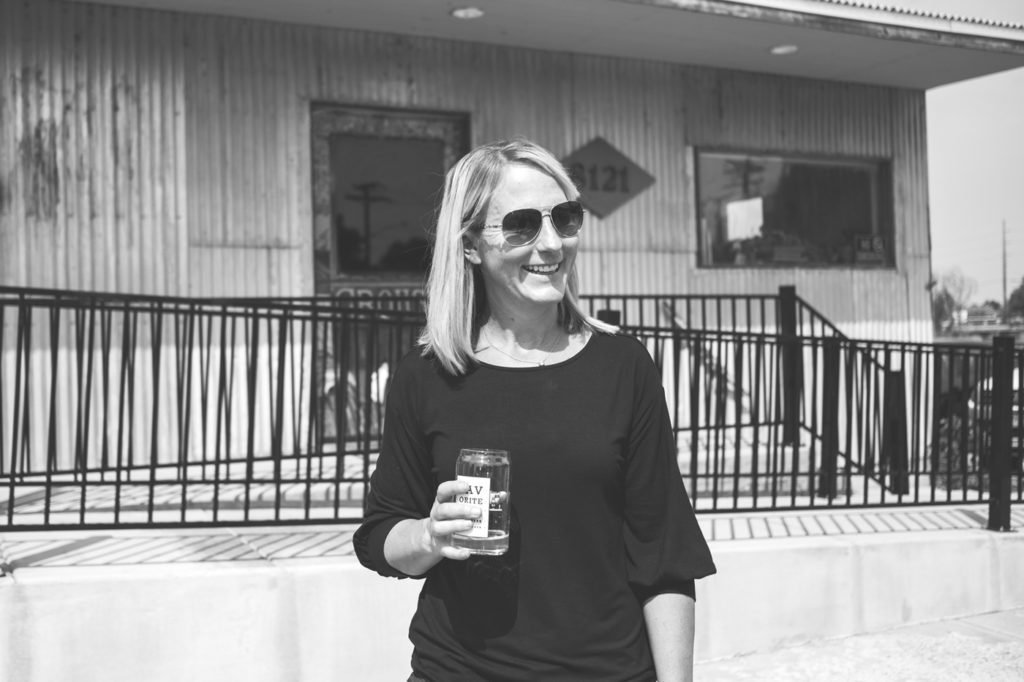
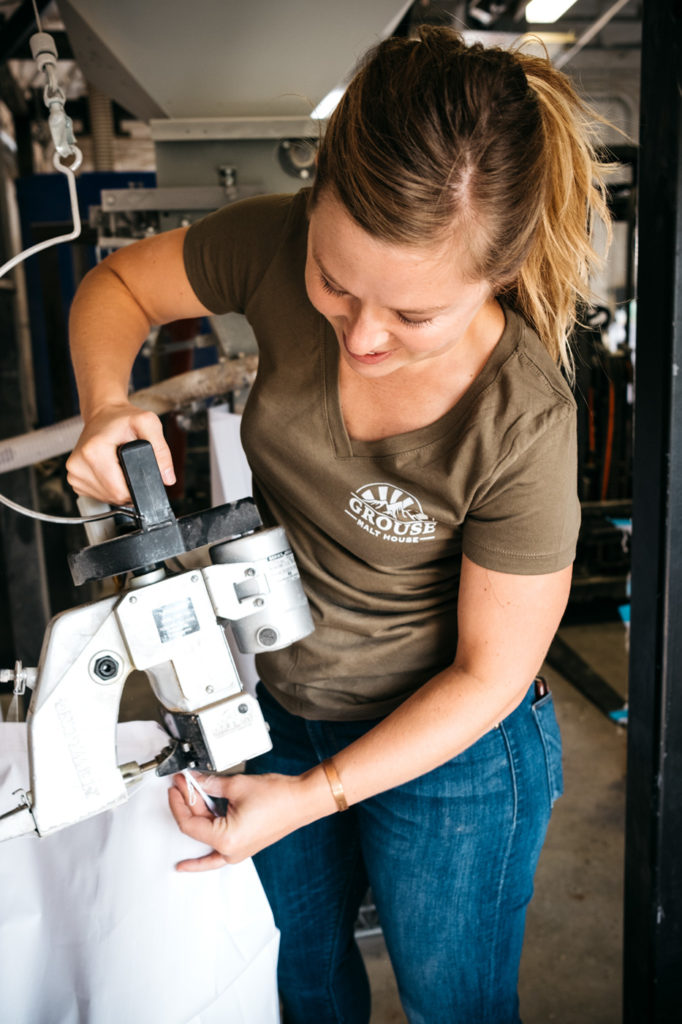
Over the past several years, the term “gluten-free” has become an indelible part of our culinary vernacular. In fact, more than three million people in the United States have celiac disease and even more abide by a gluten-free diet, some choosing to eliminate the problematic protein on their own, while others are driven by diagnoses such as Crohn’s and cancer, among others. Those whose bodies reject food with gluten find themselves bound by an intolerance forcing them to leave behind everyday aspects of eating and drinking they’ve grown to enjoy.
And while there seem to be more gluten-free options than ever before—bread, crackers, desserts—certain categories still lack safe, quality options. Beer is one of them.
For Hertz, chief brewista and founder of Holidaily Brewing Company, and Soles, maltstress and founder at Grouse Malt House, a combination of compassion, providence and grit led them each to start their own company. They became the first women in the country to produce high-quality gluten-free grains and gluten-free beer on a commercial scale.
——
While she knew she would feel better physically after removing gluten, Hertz faced an enormous adjustment to go gluten-free. “You suddenly become the high maintenance friend, spouse or family member,” she says. “Because of this, being gluten-free is more emotional than you might think.”
Hertz discovered she could find bread and pasta replacements easily enough, but finding gluten-free beer was nearly impossible. As a sports fan and brewery employee, Hertz feared she’d have to give up her career as well as her social life. “It sounds silly,” she says, “but I just wanted a beer. I thought I would have to learn to live without it.”
Most beer in the United States is brewed with malted barley, rye or wheat, all of which contain a protein known as gluten. Gluten-reduced beer, labeled as “crafted to reduce gluten,” includes an enzyme added to the beer that breaks up the gluten protein chains from the barley, rye or wheat, but does not eliminate them entirely. For the very gluten-sensitive or allergic, products like this can still make them sick.
Other gluten-free beers are made with ingredients like sorghum or rice syrup, but are often produced in facilities that also process barely or wheat. “It’s similar to a box of crackers that warns ‘produced in a facility that processes peanuts,’” Hertz says. “While they may clean the equipment in between uses, there’s still a risk of cross-contamination.”
When Hertz was seeking dedicated gluten-free options in 2008, only a handful of truly gluten-free breweries existed in the country, and none in her home of Colorado—despite there being more than three hundred breweries in the state. Hertz, who held an undergraduate degree, an MBA, and nearly a decade of brewery experience, decided she would try to brew her own gluten-free beer.
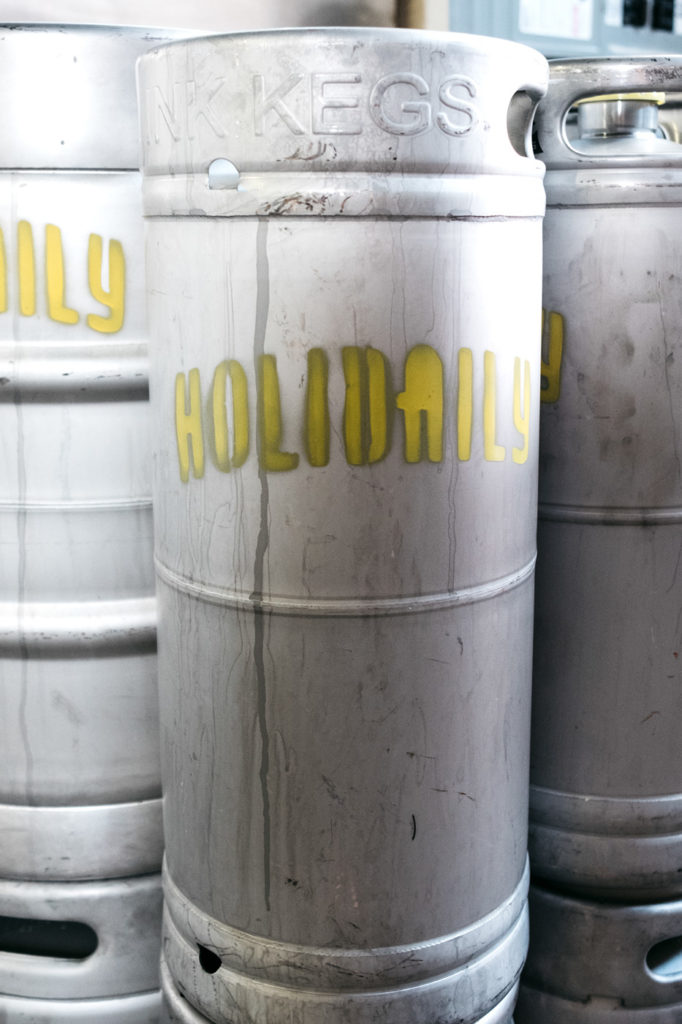
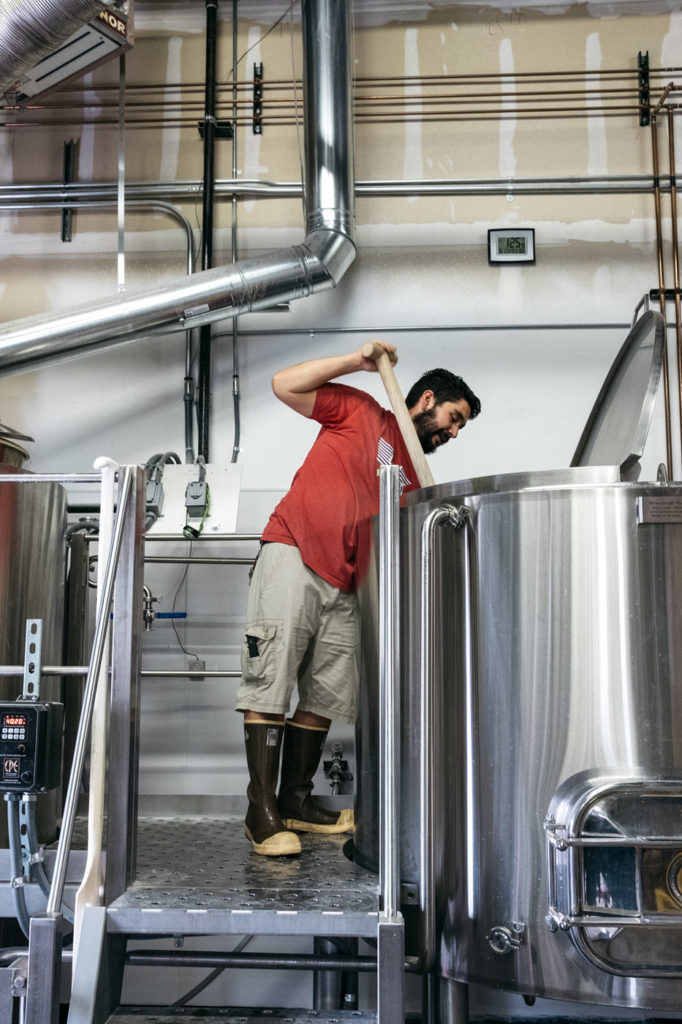
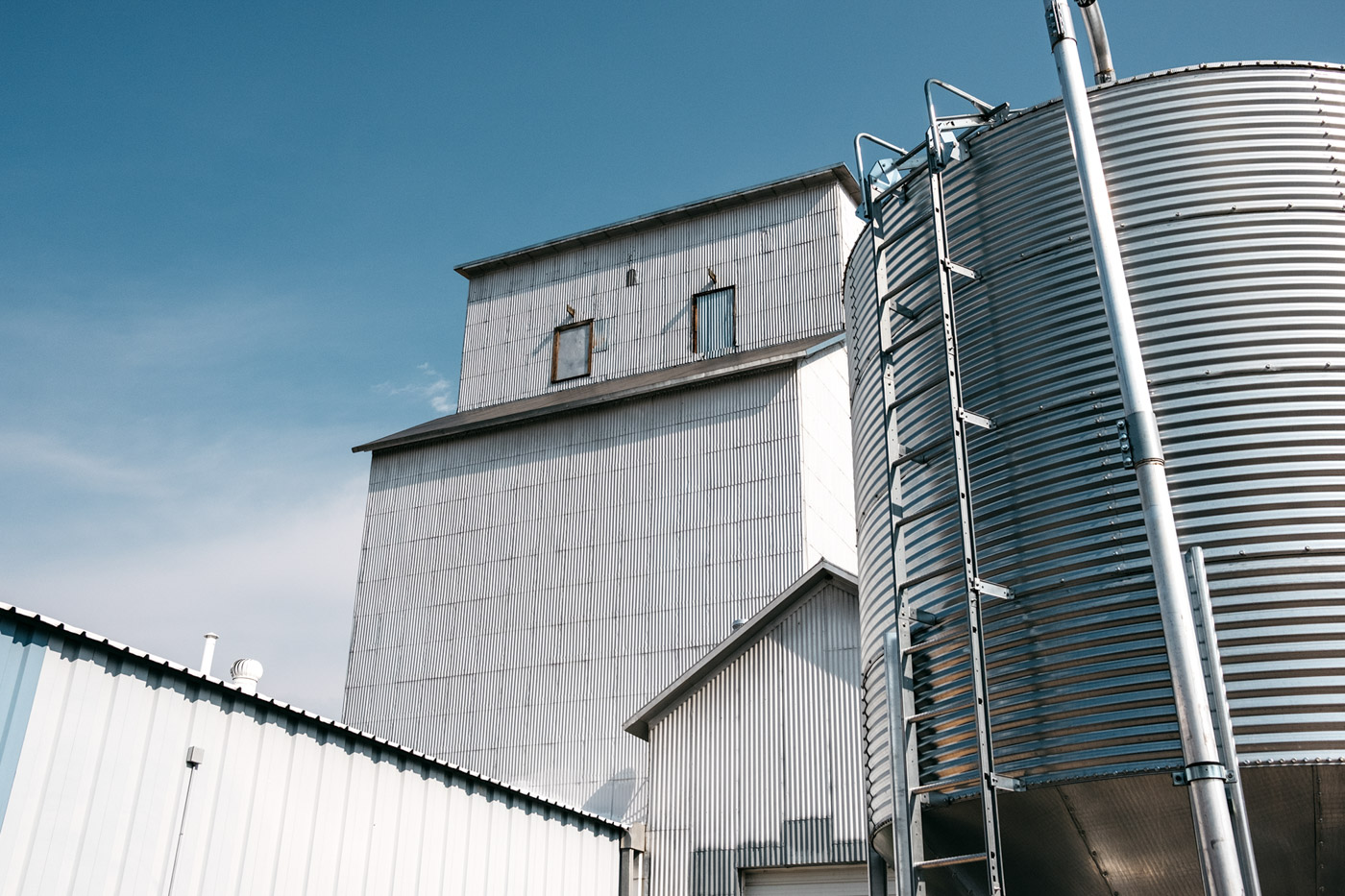
——
Around this time, Soles was finishing her master’s degree while also exploring options for making gluten-free beer. Almost immediately, she hit a roadblock. “No one was malting gluten-free grains at that time,” she says. “So I started small-scale malting in my kitchen.” Soles used nontraditional grains such as millet and buckwheat, and began touring existing craft malt houses to learn about the process of malting. “I kept trying to get other malt houses on board to malt gluten-free grains, but no companies were interested,” she explains. “It became clear I would need to do it.” Not only that, but somewhere along the way, Soles discovered she herself suffered a gluten intolerance. “It all feels very providential,” she says.
Soon after deciding to start her own malting business, Twila met William Soles, who was smitten with her and her business idea before the end of their second date. The two began malting in a rented three-hundred-square-foot greenhouse in the small northern Colorado town of Nunn. Within a year, they had the opportunity to rent a vacant former grain elevator turned welding warehouse in Wellington, Colorado. In 2013, they named the business Grouse Malt House, after the local millet-loving field fowl and a poetic connection to Twila’s mother’s maiden name, Strouse. Twila and William were married and had a little boy they named Alpen.
Then, in the summer of 2016, William died in devastating construction accident.
“I never would have started this business had it not been for him,” Soles says. And while anyone else might have chosen to shutter the business entirely, she made the decision to continue on with Grouse Malt House. “It was in Will’s wheelhouse as a carpenter and tradesman to fabricate equipment,” she says. “He repurposed a dairy mix tank to steep and germinate and kiln in, and converted an old coffee roaster to roast our malted grain as well.” Those were the items that made malting possible on a larger scale—and they are reminders of her husband that can never be erased. Though the business has since expanded with new custom equipment, William’s original handiwork still remains. Today, Grouse thrives, and just toasted its five-year anniversary.
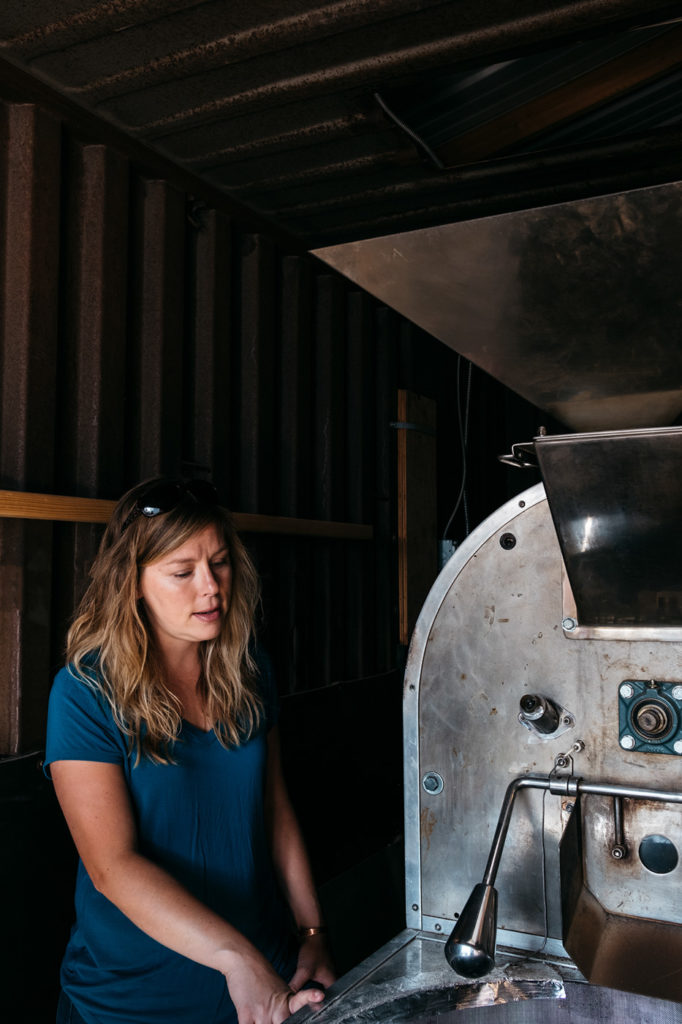
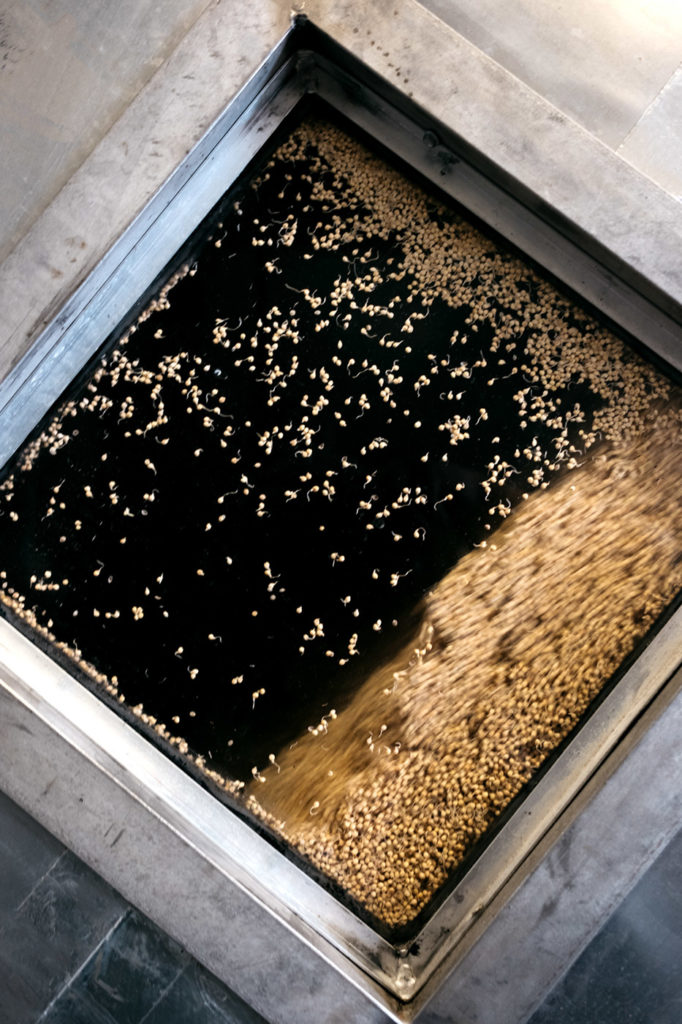
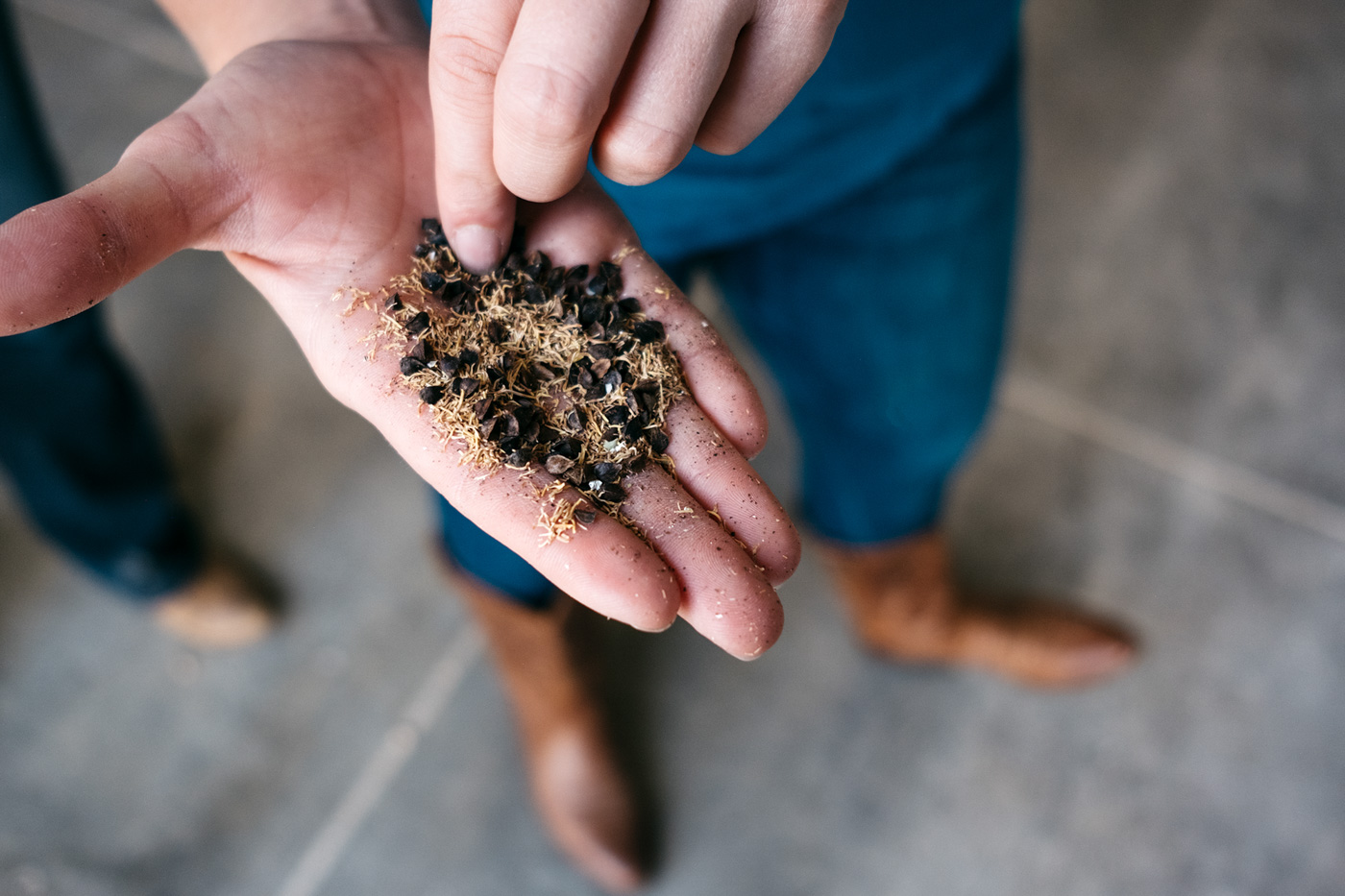
——
Before grains can effectively be used in brewing, they must go through a process called malting. Malting involves steeping the grain in water to begin germination, which changes the flavor and creates enzyme reserves needed to break down stored macronutrients and grow a plant. Drying the grains (also called kilning) abruptly halts germination, keeping the starches intact for brewers to use them in making beer. Then the malt is deculmed, a process which separates the rootlets from the finished malt. Some of the finished malt gets roasted to achieve a different flavor or color. Finally, the grains are milled, broken down to a coarse flour-like consistency, and are ready to add directly to a brewer’s mash tun.
These processes can produce a significant amount of dust, revealing just how important it is to control the types of grains that enter the malt house. The only seeds Grouse works with are millet, buckwheat, maize, quinoa and select gluten-free oats. All of the millet is sourced from Colorado land.
In the early days, Soles was filling, stitching up, and shipping bags of malted grain herself, shipping to the coasts without a single commercial customer in Colorado. “I’d begun toying with the idea of starting a brewery myself when I got a call from Karen,” she says. “I thought, here is a woman who has the fortitude and aptitude, and she’s going to do it!”
“Of all the things that happened, meeting Twila was the biggest game changer in making me believe I could really do this,” Hertz says. “Finding her changed everything. Finally, I had a supplier who understood where I wanted to go, and had something to help me get there.”
Shortly after meeting, Hertz and Soles worked together to develop the initial beer recipe for what would become a flagship beer for Holidaily Brewing Company. “Before developing the initial beer, I thought I might produce a good beer,” Hertz says. “Instead, I had a great beer. After tasting the trial batch and meeting with Twila, I was focused on one goal: getting my company off the ground.”
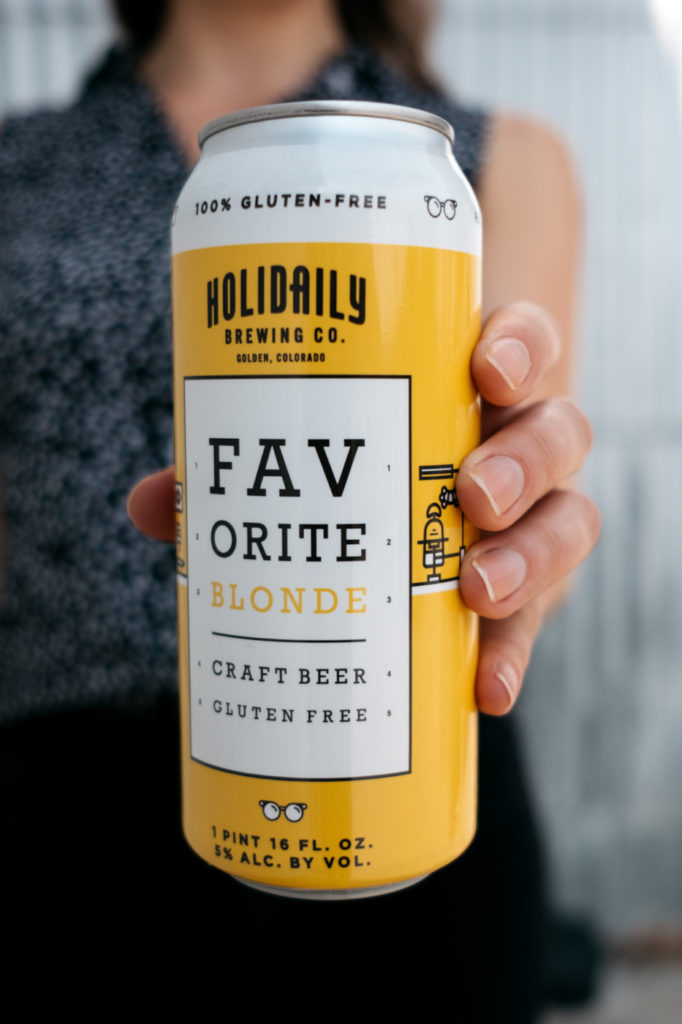
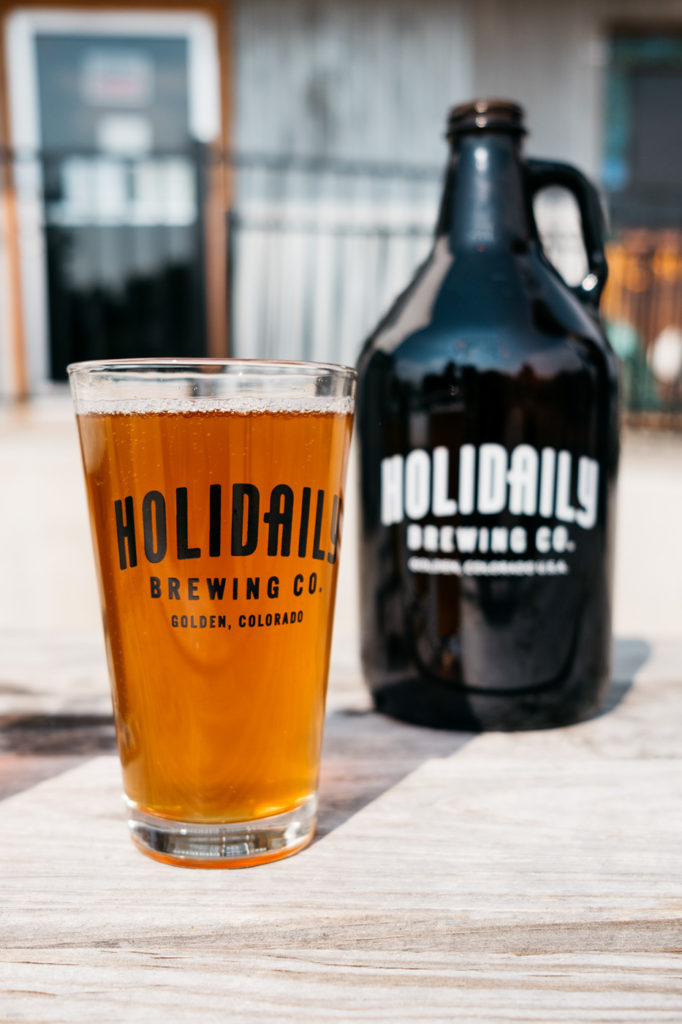
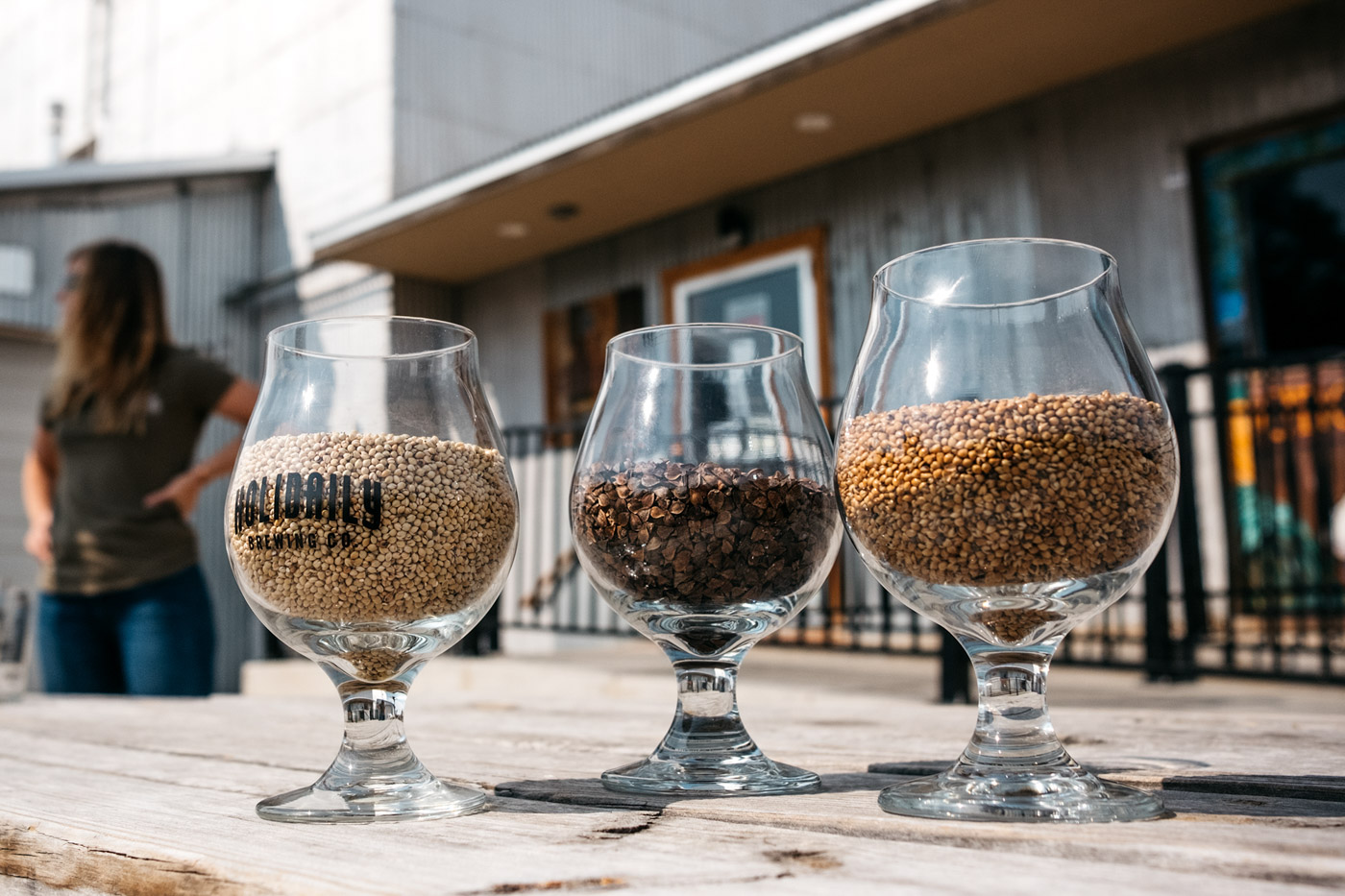
That initial brew was just the beginning, however. There are challenges to brewing with millet and buckwheat that don’t exist with barley or wheat. Since Grouse Malt House is one of the only sources of gluten-free malt in the country, the rare product is more expensive. It’s also less efficient than barley or wheat; brewers need more of it when making their beer. But with the knowledge that great-tasting, high-quality gluten-free beer was possible, Hertz was perseverant. She officially opened Holidaily Brewing Company in 2016 in Golden, Colorado, tucked into a commercial neighborhood a stone’s throw from the recreation trails of North Table Mountain and primed for statewide distribution. “We’re thirteen miles from Boulder, fifteen miles from Denver, and it’s an hour door to door to the mountains,” Hertz says.
Hertz brews on a ten-barrel system with dedicated equipment specially customized to handle the unique grain structure and completely avoid cross-contamination. “We are entirely focused on safety and quality,” Hertz says. And therein lies the challenge. “In gluten-free products, you can find things that are really safe but the taste is lacking. You can also find great-tasting items that are not fully gluten-free that can get people sick,” she says. To focus on both of those things at once is challenging. “But that’s where you start breaking boundaries that haven’t been broken before.”
Holidaily serves ten brews on tap, with flagship brews including Favorite Blonde, Belgian Buckwit, Riva Stout, and Fat Randy’s IPA. New recipes are tested in the taproom, and the most popular ones get canned. The latest release, Patchy Waters Pumpkin Ale, promises to be a seasonal sellout.
Last year, Holidaily brewed approximately 750 barrels of beer. Today, they can barely keep up with demand. Next year they’ll open a new production brewery capable of producing enough beer to reach all four corners of Colorado, including current accounts at Coors Field, Broncos Stadium at Mile High, and even her alma mater, Folsom Field at CU Boulder.
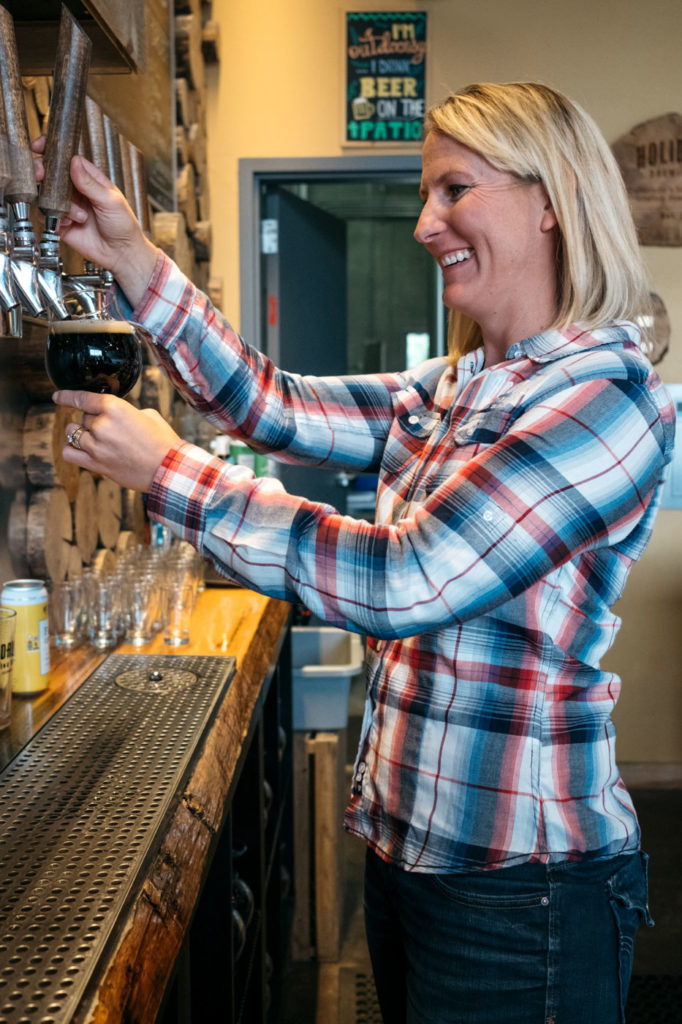
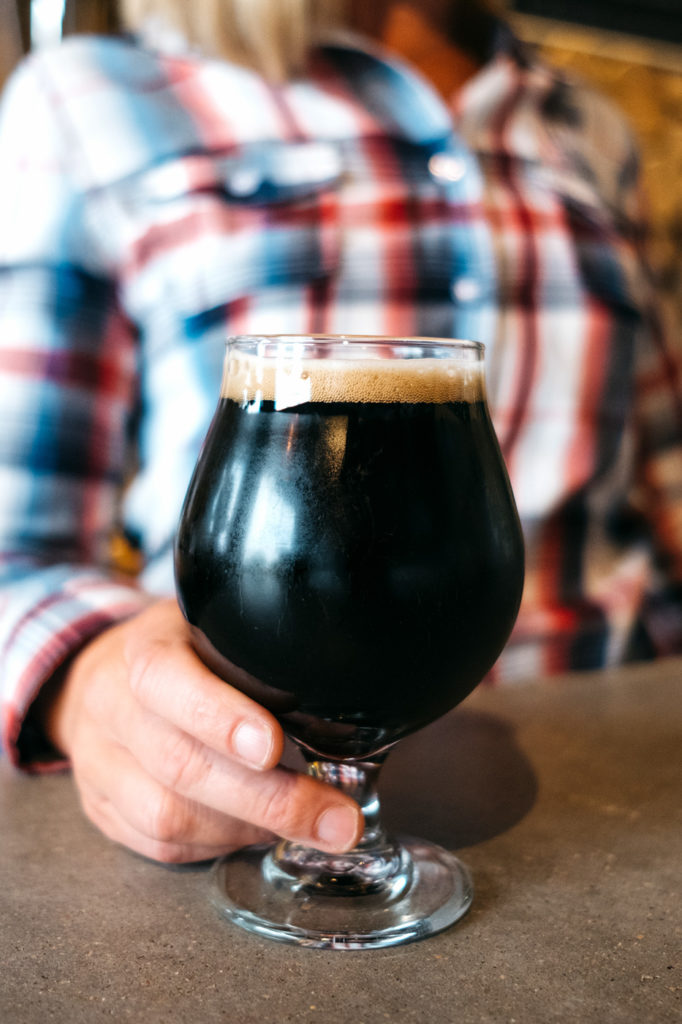
“It’s so rewarding,” Hertz says. “Most people are gluten-free because something went wrong. I just want to get beer to those people.” Both her and Soles’ roles have changed significantly in the past several years, but they are each entirely devoted to their work—and their roles in each other’s lives. “Having her as a partner is key,” Hertz says. “She makes a great product, which lets us make a great product. We support each other.”
Soles, who is originally from Ohio, says Hertz and Holidaily are a big part of the reason she kept her operation in Colorado. “We work with dozens of breweries, and Holidaily happens to be a dedicated gluten-free brewery that’s less than sixty miles from us, right down the road,” she says. “[Karen] made it clear to us why we’re here.”
“We hear of many people hesitant to try gluten-free beer,” Hertz says. Her response? “Challenge accepted. I promise you, you’ll be surprised by how good this is. You won’t be able to tell the difference.”





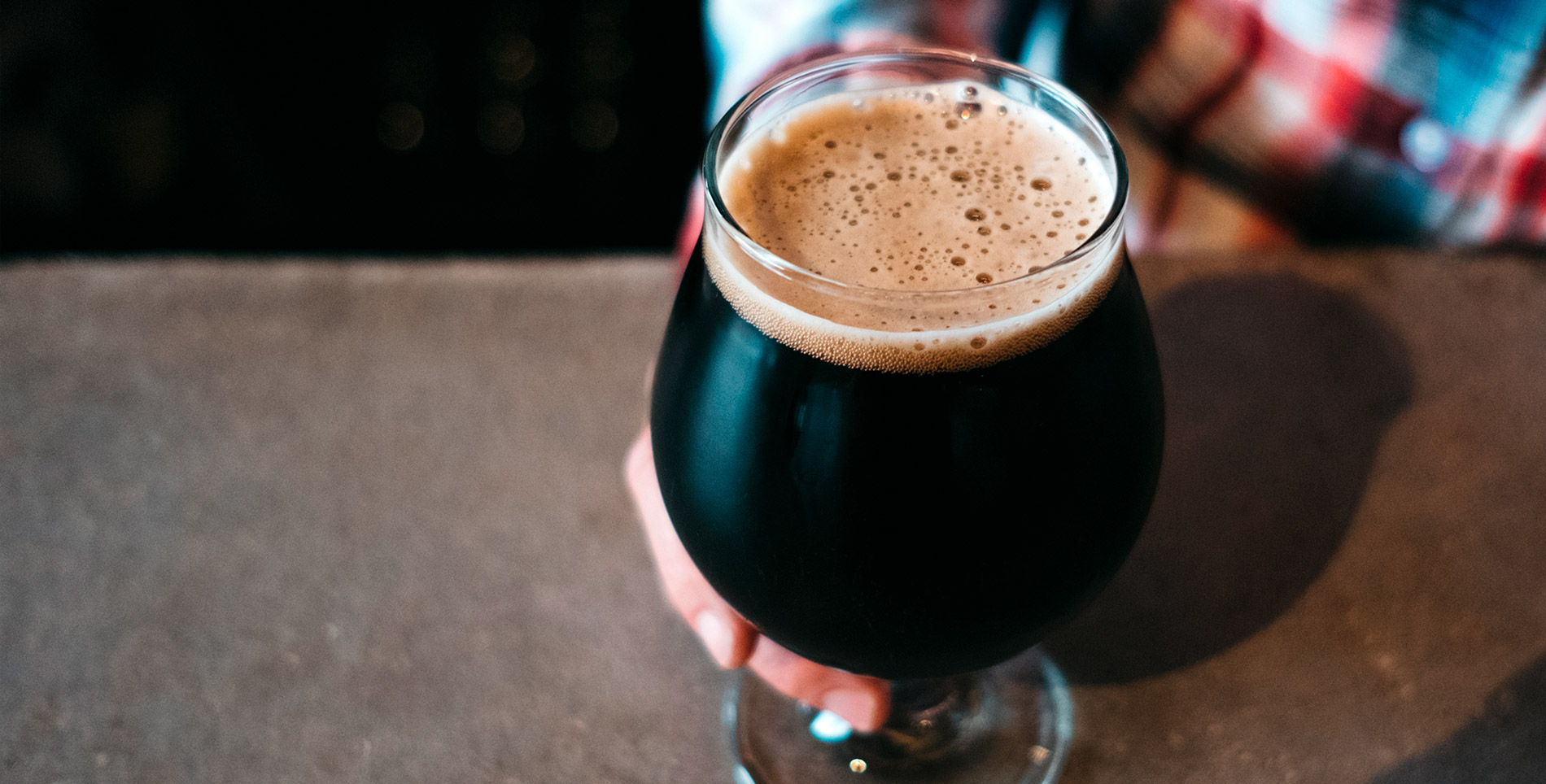

Our comments section is for members only.
Join today to gain exclusive access.